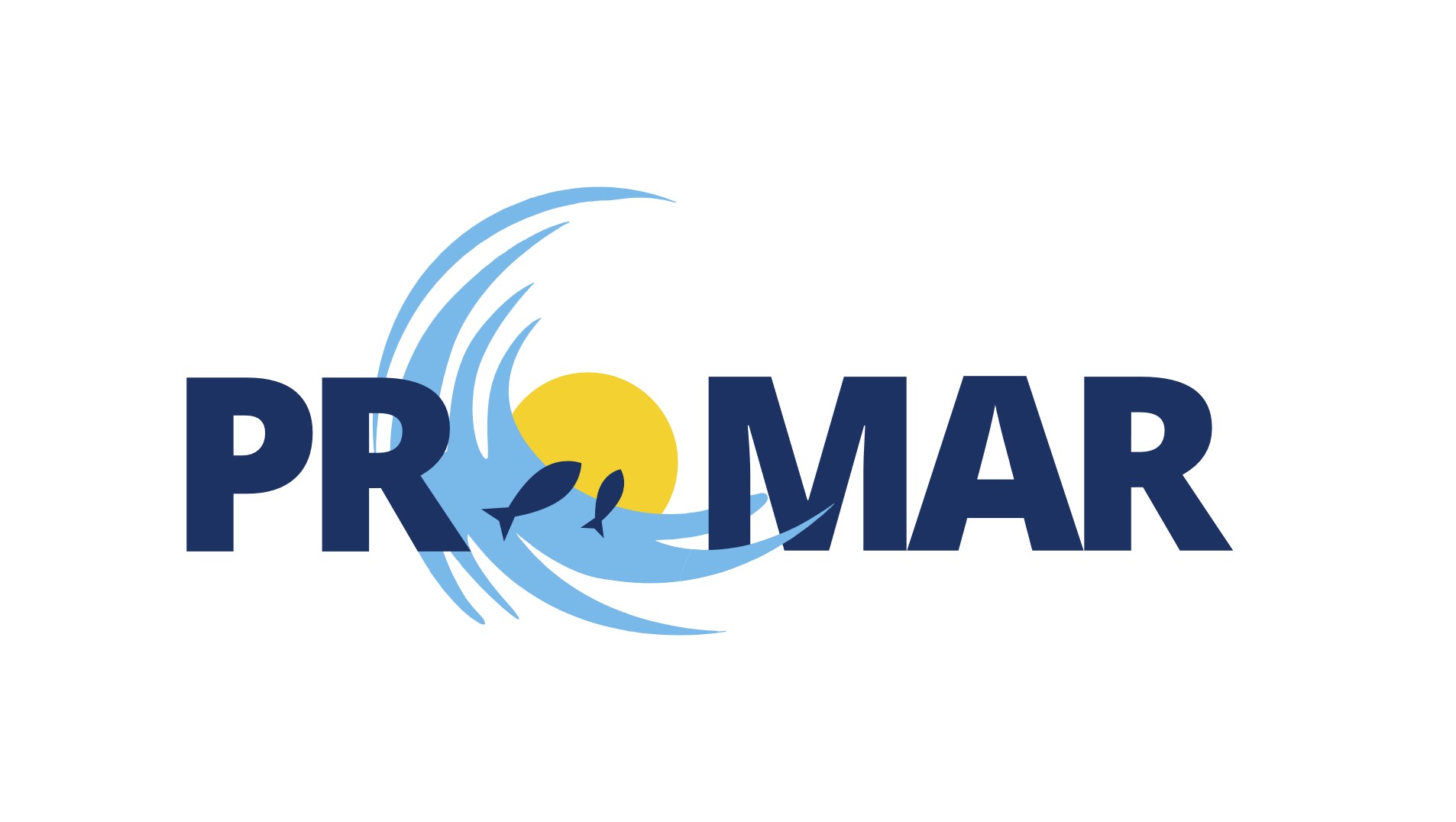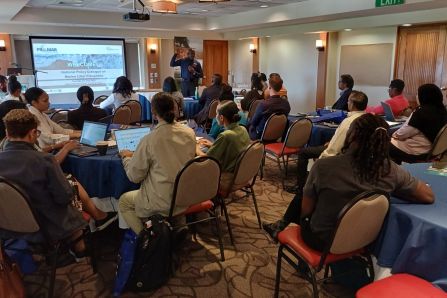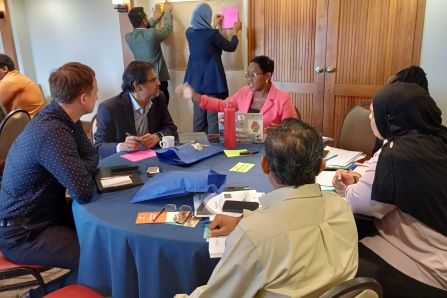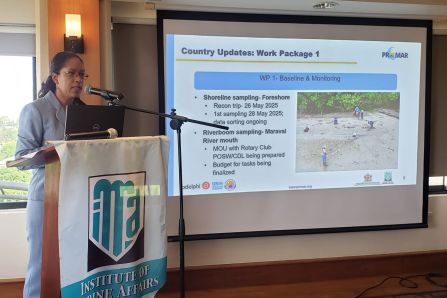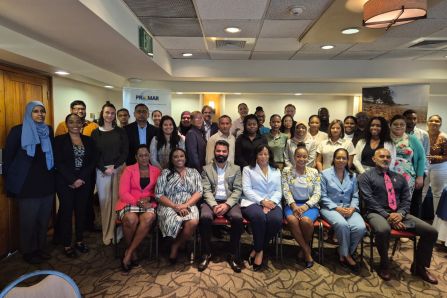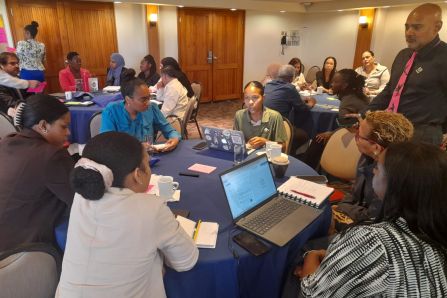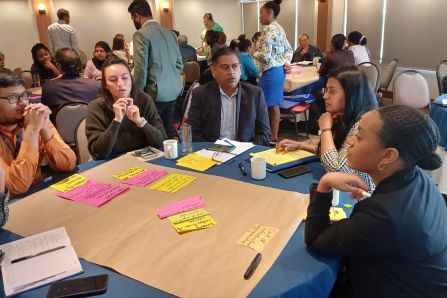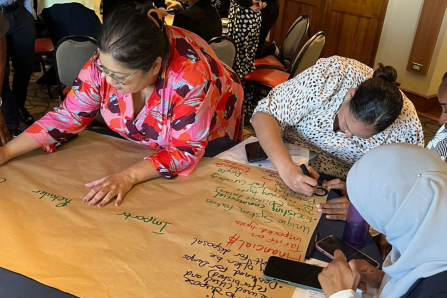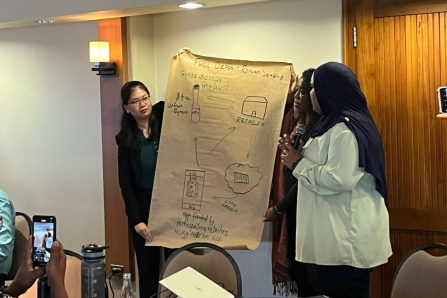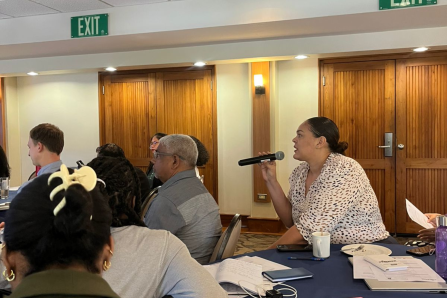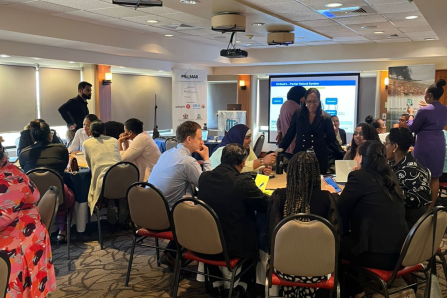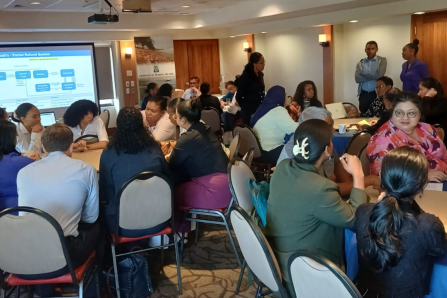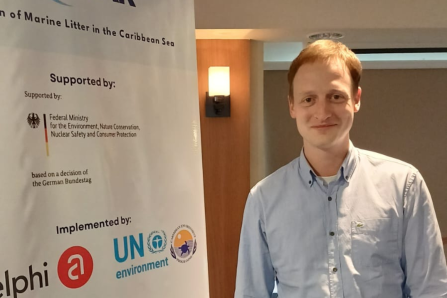National Policy Dialogue on Marine Litter Prevention & Capacity Building Workshop on Extended Producer Responsibility (EPR)- Trinidad & Tobago
Trinidad and Tobago Advances Marine Litter Prevention Through National Policy Dialogue and EPR Workshop
In aid of strengthening national strategies to combat marine plastic pollution, the Institute of Marine Affairs (IMA), in partnership with the Ministry of Planning, Economic Affairs and Development and key international stakeholders, hosted a two-day National Policy Dialogue and Workshop under the Prevention of Marine Litter in the Caribbean Sea (PROMAR) Project. The event took place on June 3–4, 2025, at the Kapok Hotel, St. Clair.
During her opening address, Dr. Ava Maxam, Director of the IMA, emphasized the urgency of the issue, stating, “Plastic pollution is one of the most serious threats affecting our planet, and the solution to this global problem is within reach.”
Day One: National Policy Dialogue
The first day of the event convened nearly 50 stakeholders from across Trinidad and Tobago’s public and private sectors. Participants included policymakers, academics, NGOs, and waste management professionals. Utilizing adelphi’s internationally recognized co-creation and prototyping methodology, the session fostered collaboration and creative problem-solving.
Interactive group sessions focused on:
Identifying current policy gaps
Discussing enforcement challenges
Highlighting successful interventions and opportunities
The dialogue resulted in the creation of a strategic roadmap for continued stakeholder engagement, as well as the development of practical policy prototypes that can be refined and integrated into national frameworks.
Day Two: Capacity Building Workshop on EPR and Circular Economy
The second day featured a hands-on training workshop dedicated to building capacity in Extended Producer Responsibility (EPR) and Circular Economy Business Models. The session introduced participants to a global EPR toolkit and showcased international best practices—including mechanisms for engaging the informal sector and effective regulatory approaches.
Using real-world case studies and group exercises, attendees explored how EPR systems can be adapted to Trinidad and Tobago’s local context. The workshop concluded with the preliminary mapping of stakeholder roles and responsibilities essential for implementing a national EPR framework.
Moving Forward
The IMA remains steadfast in its mission to advance sustainable waste management, encourage cross-sector collaboration, and drive policy innovation. Events like this not only contribute to national environmental resilience but also reinforce Trinidad and Tobago’s commitment to protecting the marine ecosystems that are vital to the nation’s identity, economy, and future.
As PROMAR continues to roll out region-wide, the outcomes of this policy dialogue and workshop will serve as a foundation for informed action and strategic reform in the fight against marine litter.
